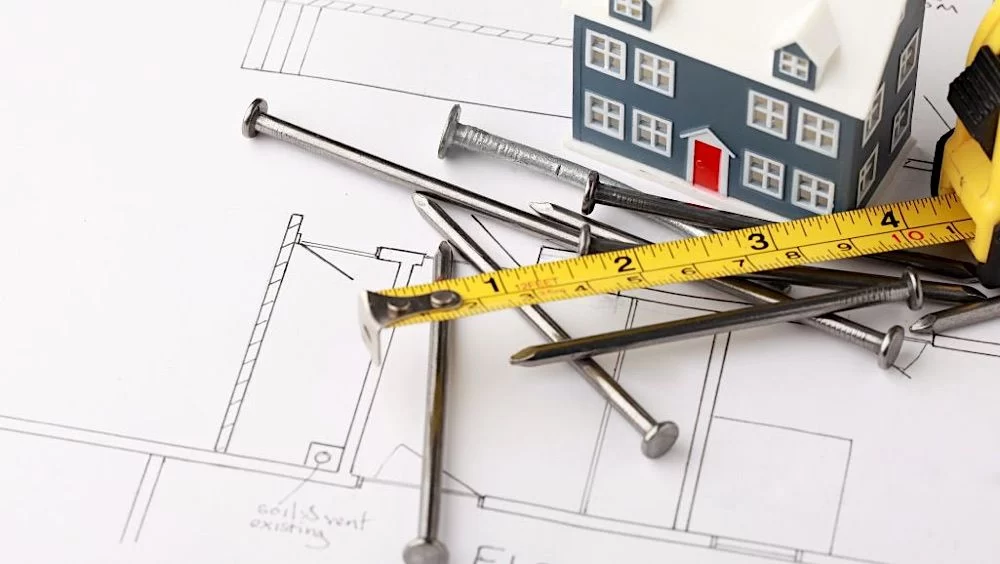
- Overview of Legal Implications of Property Zoning Changes
- How Zoning Changes Impact Property Owners
- Navigating Disputes and Legal Challenges
- Case Study on Zoning Change Consequences
- Practical Advice for Property Owners Facing Zoning Changes
1. Overview of Legal Implications of Property Zoning Changes
Property zoning changes carry significant legal implications that affect land use, property values, and development rights. Zoning laws regulate how parcels of land can be used — residential, commercial, industrial, or agricultural — and any alteration to these designations can have a ripple effect on property owners and communities alike.
Legal implications arise when zoning changes restrict or expand the permissible uses of a property, potentially impacting an owner’s ability to develop, sell, or generate income from their land. These changes can lead to conflicts between individual property rights and broader community planning goals.
1.1 Understanding Zoning Laws and Regulations
Zoning regulations are established by municipal or regional authorities and are legally binding. When a zoning change is proposed or enacted, it typically follows a public consultation and approval process. Property owners must understand these laws because they can directly influence land use permissions, building codes, and environmental restrictions.
1.2 The Role of Zoning in Urban Development
Zoning plays a critical role in shaping urban landscapes and protecting community interests such as traffic management, noise control, and environmental preservation. However, the legal balance between private property rights and public interest often triggers complex legal considerations, especially when zoning changes are contested.
2. How Zoning Changes Impact Property Owners
The consequences of property zoning changes for owners can be profound and multifaceted.
2.1 Restrictions on Property Use
When zoning changes impose stricter limitations, property owners may find their intended uses suddenly prohibited or curtailed. For example, a change from commercial to residential zoning can prevent planned business activities, reducing potential income and property value.
2.2 Effects on Property Value
Zoning modifications can either increase or decrease property values. Expanded commercial zoning may enhance a property’s market worth by allowing more lucrative uses. Conversely, restrictions or rezoning for conservation may reduce development opportunities and lower value.
2.3 Impact on Existing Developments
Existing structures and uses may become “non-conforming” under new zoning rules, potentially triggering costly compliance requirements, variances, or even demolition orders. Understanding legal protections for such “grandfathered” rights is essential for affected owners.
3. Navigating Disputes and Legal Challenges
Property owners often face legal disputes stemming from zoning changes, including appeals against zoning decisions, compensation claims, or conflicts with local authorities.
3.1 Challenging Zoning Decisions
Owners can legally challenge zoning changes they believe unfairly limit their property rights. These challenges require comprehensive knowledge of zoning laws and procedural rules, emphasizing the importance of experienced legal counsel.
3.2 Seeking Compensation for Regulatory Takings
In some cases, zoning changes may amount to a “regulatory taking,” where the government’s restrictions deprive the owner of reasonable economic use of their property. Legal claims for compensation under such circumstances are complex and often hinge on nuanced interpretations of constitutional law.
3.3 Mediation and Negotiation
Disputes related to zoning can sometimes be resolved through mediation or negotiation with municipal authorities, enabling mutually acceptable solutions without protracted litigation.
4. Case Study on Zoning Change Consequences
Consider the example of a small business owner in a rapidly developing urban area whose property was rezoned from commercial to mixed-use residential. This change restricted commercial activities and led to the closure of their shop, drastically reducing income and forcing relocation.
This case underlines the importance of understanding the legal implications of property zoning changes before investing or planning long-term business operations. Consulting with legal experts early can help owners anticipate risks and adapt strategies accordingly.
5. Practical Advice for Property Owners Facing Zoning Changes
Property owners confronted with zoning changes should adopt a proactive and informed approach to safeguard their interests.
5.1 Stay Informed and Engage Early
Monitoring zoning proposals and participating in public hearings can provide owners with a voice in the process and opportunities to influence outcomes.
5.2 Seek Professional Legal Guidance
Engaging specialized legal professionals, such as those at ESPLawyers, can help navigate the complexities of zoning laws, challenge unfavorable changes, and negotiate solutions.
5.3 Consider Alternatives and Flexibility
Exploring zoning variances, special permits, or alternative development options may mitigate the impact of zoning changes and preserve property value.
Understanding and responding to the legal implications of property zoning changes is vital for protecting property rights and investments. With expert legal support and strategic planning, property owners can better adapt to evolving zoning landscapes.








